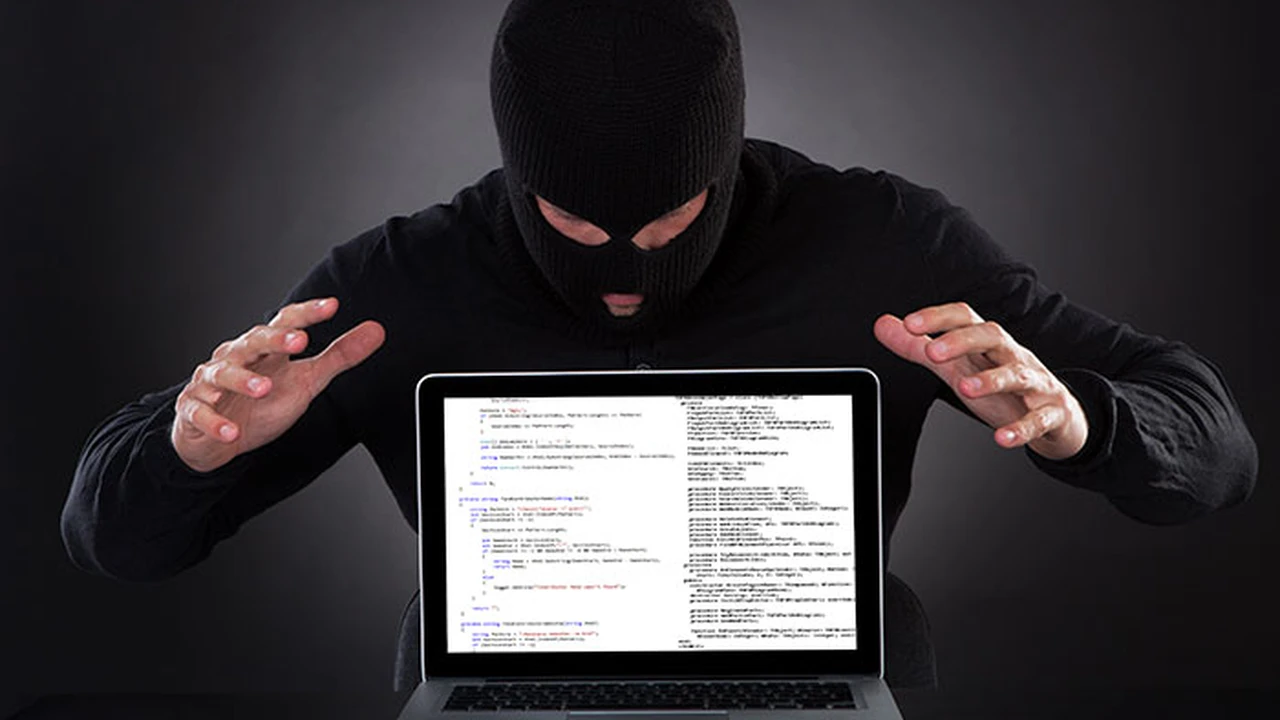7 Common Scams in Europe: A US Tourist's Guide to Avoidance
Sample meta description.

Understanding Common Tourist Traps Europe Travel Safety
Hey there, fellow travelers! Planning a trip to Europe? Awesome! You're in for a treat – incredible history, delicious food, stunning landscapes... But, let's be real, Europe also has its fair share of scams targeting unsuspecting tourists. As a US tourist, you might be more vulnerable because you're unfamiliar with the local customs and common tricks. Don't worry, though! This guide is here to arm you with the knowledge you need to spot and avoid these scams, ensuring a safe and enjoyable trip.
The Classic Pickpocketing Scam European Travel Safety
Pickpocketing is probably the most common scam you'll encounter. It's not always some shadowy figure lurking in a dark alley. Often, it's a seemingly innocent person who gets a little too close in a crowded area. They might bump into you "accidentally," create a distraction, or work in teams to lift your wallet or phone. Be especially vigilant in crowded tourist hotspots like the Eiffel Tower in Paris, the Colosseum in Rome, or the Sagrada Familia in Barcelona. Always keep your valuables close, preferably in a money belt under your clothes or a secure, cross-body bag. Avoid keeping your wallet in your back pocket – it's an easy target. Consider using a travel wallet with RFID blocking to protect your credit card information from electronic pickpocketing.
Product Recommendation: Pacsafe Citysafe CX Anti-Theft Convertible Backpack
This backpack is a great option for keeping your belongings safe. It features eXomesh slashguards, RFIDsafe blocking pockets, and a secure zip closure. It can also be converted into a crossbody bag for added security. You can find it on Amazon for around $120-$150. Its sleek design doesn't scream "tourist," making you less of a target.
The "Friendship Bracelet" Scam Parisian Scams European Travel
This one's particularly prevalent in Paris, often around Sacré-Cœur Basilica in Montmartre. Someone approaches you, seemingly friendly, and starts tying a "friendship bracelet" around your wrist. They might even say it's a gift. However, once the bracelet is on, they aggressively demand payment, often a surprisingly high price. If you refuse, they can become quite persistent and even intimidating. The best way to avoid this scam is to politely but firmly decline any unsolicited gifts or attention. Don't even make eye contact – just keep walking.
The Taxi Overcharge Scam European Transportation Scams
Taxi scams are common in many cities around the world, and Europe is no exception. Dishonest drivers might take longer routes, tamper with the meter, or claim the meter is broken and then demand an exorbitant fare. Always insist on using the meter, and before you get in, ask for an estimate of the fare to your destination. If the driver refuses to use the meter or provides a ridiculously high estimate, find another taxi. Consider using ride-sharing apps like Uber or Bolt, which provide transparent pricing and track your route.
Product Recommendation: Google Maps (Offline Download)
Before you travel, download offline maps of the cities you'll be visiting. This will allow you to track your taxi's route and ensure the driver isn't taking you on a detour. Google Maps is free and easy to use.
The Restaurant Bill Padding Scam Dining in Europe Scams
Be careful when paying your restaurant bill, especially in touristy areas. Some restaurants might add extra items to your bill, charge for things you didn't order, or inflate the prices. Always carefully review your bill before paying, and don't hesitate to question any discrepancies. Pay close attention to the prices listed on the menu, and make sure they match the prices on your bill. It's also a good idea to pay with a credit card, as this provides a record of your transaction and makes it easier to dispute any fraudulent charges.
The Fake Petition Scam Charity Scams European Travel
Someone approaches you with a clipboard, asking you to sign a petition for a seemingly worthy cause, like helping deaf children or protecting the environment. While you're distracted, they or an accomplice might pickpocket you. Or, after you sign, they'll aggressively ask for a donation. The petition itself is often fake, and the money goes into their pockets. The best way to avoid this scam is to politely decline to sign the petition and keep moving.
The "Helpful Stranger" ATM Scam ATM Safety European Travel
You're at an ATM, trying to withdraw cash, when a "helpful stranger" approaches you, offering assistance. They might claim the machine is malfunctioning or that you need to press a certain button. In reality, they're trying to distract you while they steal your card or observe your PIN. Always be wary of anyone offering unsolicited help at an ATM. Cover the keypad when entering your PIN, and be aware of your surroundings. If you suspect something is amiss, cancel the transaction and find another ATM.
Product Recommendation: VPN (Virtual Private Network)
Using a VPN when connecting to public Wi-Fi networks can help protect your financial information from hackers who might be trying to steal your credit card details or ATM PIN. ExpressVPN is a popular and reliable VPN service that encrypts your internet traffic and hides your IP address. It costs around $13 per month but offers a 30-day money-back guarantee.
The Currency Exchange Scam Money Exchange Scams European Travel
Be cautious when exchanging currency, especially at unofficial exchange booths or from individuals on the street. They might offer seemingly attractive exchange rates, but they often use sleight of hand to shortchange you or give you counterfeit money. Always exchange currency at reputable banks or official exchange offices. Compare exchange rates before you commit to a transaction, and be sure to count your money carefully before leaving the counter.
Staying Safe and Enjoying Your Trip European Travel Tips
Beyond avoiding scams, here are a few more tips to keep you safe and make the most of your European adventure:
- Be aware of your surroundings: Pay attention to what's happening around you, and trust your instincts. If something feels wrong, it probably is.
- Don't flash your cash: Avoid displaying large amounts of money in public.
- Keep your belongings secure: Use a money belt, a secure bag, or a hotel safe to protect your valuables.
- Make copies of important documents: Keep copies of your passport, driver's license, and credit cards in a separate location from the originals.
- Learn a few basic phrases in the local language: This can help you communicate with locals and avoid misunderstandings.
- Stay connected: Buy a local SIM card or use a travel Wi-Fi hotspot to stay connected to the internet and access maps, translation apps, and emergency services.
Product Recommendation: Pocket Wi-Fi Hotspot (like Tep Wireless)
Renting a pocket Wi-Fi hotspot can provide you with a secure and reliable internet connection throughout your trip. Tep Wireless offers unlimited data in many European countries for around $8-$10 per day. This is a great alternative to relying on public Wi-Fi networks, which can be insecure and unreliable.
By being aware of these common scams and following these safety tips, you can protect yourself from becoming a victim and enjoy a worry-free trip to Europe. Happy travels!
:max_bytes(150000):strip_icc()/277019-baked-pork-chops-with-cream-of-mushroom-soup-DDMFS-beauty-4x3-BG-7505-5762b731cf30447d9cbbbbbf387beafa.jpg)






